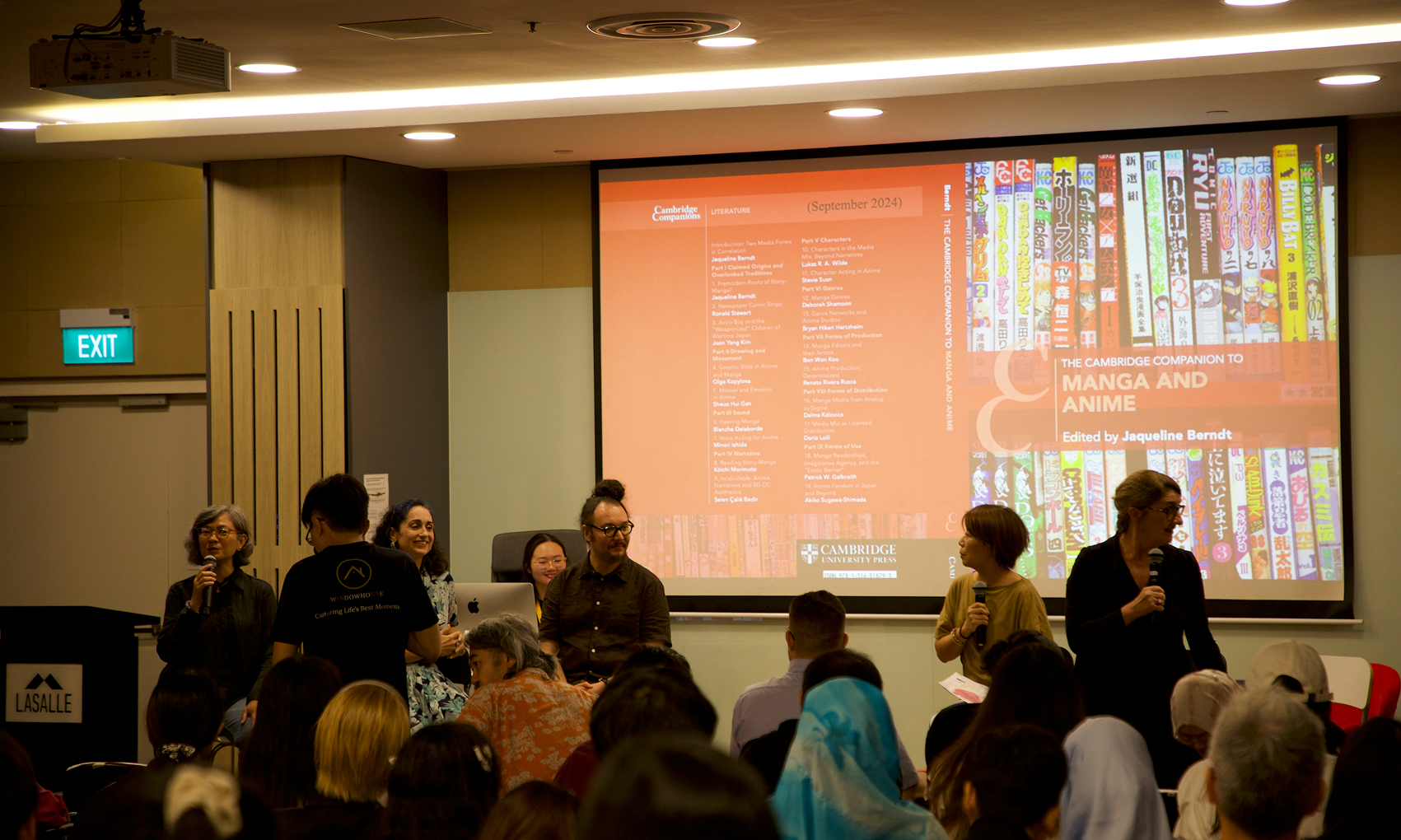Journal and book publications
Heptatonic Synthetic Scales Nomenclature and Their Teaching in Jazz Theory
The teaching of jazz theory has long been linked to the use of modes and nontraditional scales that have enriched jazz improvisation and composition. Nevertheless, jazz scholars have not reached a consensus in regard to scale nomenclature, especially in relation to heptatonic synthetic scales or modes. The tendency to describe synthetic scales with proper nouns is becoming less frequent for one reason: a name like Hungarian or Jewish scale does not convey any musical information. A proper noun becomes useless if the scale is not written in standard music notation, letter notation, or if a formula does not accompany it. The trend that has lately gained relevance relates to the altered modal terminology started by George Russell in 1953 in his book Lydian Chromatic Concept of Tonal Organization. Ron Miller deepened that concept in 1996 in Modal Jazz Composition & Harmony and Gary Keller did the same in 2006 in The Jazz Chord/Scale Handbook. This article reviews all the major literature in relation to jazz scale theory and examines its evolution in terms of nomenclature. Furthermore, it traces the jazz scale nomenclature tendency, where a critical mass of jazz education seems to be heading.
Citation:
Celi, Diego. ''Heptatonic Synthetic Scales Nomenclature and Their Teaching in Jazz Theory.'' Jazz Education in Research and Practice, vol. 1, no. 1, 2020, pp. 135-154, doi: DOI 10.2979/jazzeducrese.1.1.10.
Systems Thinking for Bottom-Up Social Innovation: An Examination of Social Practices
The principles of sustainability and social design have been widely adopted to develop new models of community practice, engagement and innovation. Considering the growing interest of social practices and sustainable models, systems thinking provides an opportunity to further frame and organise various design activities to develop a deeper understanding of the spaces of impact through social innovation. This paper examines the practices of existing social enterprise models and the complexities involved in implementing new structures for community involvement through co-creation, co-design and facilitation. Cybernetics, as a way of looking at and engaging with systems, is discussed to position the role of the designer. Using mapping as a visualisation tool and conversational activity, case-studies are evaluated to provide a broad framework of bottom-up systems thinking through participatory methods to enhance social and cultural values.
Citation:
Chon, Harah. ''Systems Thinking for Bottom-Up Social Innovation: An Examination of Social Practices.'' Strategic Design Research Journal, vol. 13, no. 2, 2020, pp. 137-149.
Towards planetary performance pedagogy: digital companions in multipolar classrooms
This article proposes ‘planetary performance pedagogy’ as a theoretical and practical framework for spatially and temporally distributed teaching and training in higher education, combining remote and experiential modes of interaction to facilitate an awareness of multiple planetary perspectives. Our argument deploys the creative potential of several concepts that we develop within this framework: the idea of the planetary classroom, the digital companion, and the multipolar performance prompt. We develop these concepts in relation to a series of experiments conducted by the authors using mobile technologies and video-conferencing platforms in performance pedagogy and training settings, connecting across different continents (North America, Australia, and Asia) with a focus of activity around a Practice Research class at LASALLE College of the Arts in Singapore. In using asynchronous communication over Telegram text and video messages, collaborative Google Docs, and multimodal performative lectures over Zoom, our research questions have taken on an even more urgent dimension as the COVID-19 pandemic has radically transformed the delivery of higher education, as well as our wider awareness of the economic and material flows of globalisation. But we argue that the experiential and somatic values of performance might find new manifestations in a technologically distributed teaching practice, complicating the binary model of face-to-face versus anonymous multi-user, and instead creating hybrid and multi-bodied ways of moving through and engaging with the world and its pedagogical and technological inequalities.
Citation:
Cervera, Felipe, et al. ''Towards planetary performance pedagogy: digital companions in multipolar classrooms.'' Theatre, Dance, & Performance Training, vol. 12, no. 1, 2020, pp. 20-39, doi: https://doi.org/10.1080/19443927.2020.1829694.
Pandemic V-Effect: The Plague as Theatre Criticism
Wth a twisted and long prologue that was ignored by the so-called world leaders for the longest time, on March 11, 2020, the World Health Organisation declared COVID-19 a global pandemic. By the end of the month, most countries in the world had closed their borders and went on lockdown or imposed quasi-lockdown measures. Entire sectors of global economy shut down; global supply chains disrupted; transoceanic maritime trade halted; oil trading ceased. The situation was uncanny to the extent that only comparisons were suitable as a way to fathom the experience. And yet, comparisons failed. The pandemic’s interruption messed with the global plot in unseen ways, and as we live through it and start to forecast where the next scene will take us, it is crucial that we reflect on where we came from and what is the destiny that awaits us. Who owns that future? Who is making it? This piece will consider the current global situation by engaging with Brecht’s Verfremdungseffekt (V-Effekt) and epic theatre as a lens to foresee what theatre criticism in the age of social distancing and digital assemblies could mean. What if the pandemic were a Verfremdungseffekt that sheds a new light to a global social crisis that is been going far longer and is rooted somewhere else? What if the cascade of digital performance we have witnessed in the last few months was a musical interlude announcing the greater forces that are coming into play? What if the muted shout of the quarantine is the gestus that the new digital capitalism will afford us?
Citation:
Cervera, Felipe, and Azadeh Sharifi. ''Pandemic V-Effect: The Plague as Theatre Criticism.'' Critical Stages / Scènes Critiques, no. 22, 2020.








